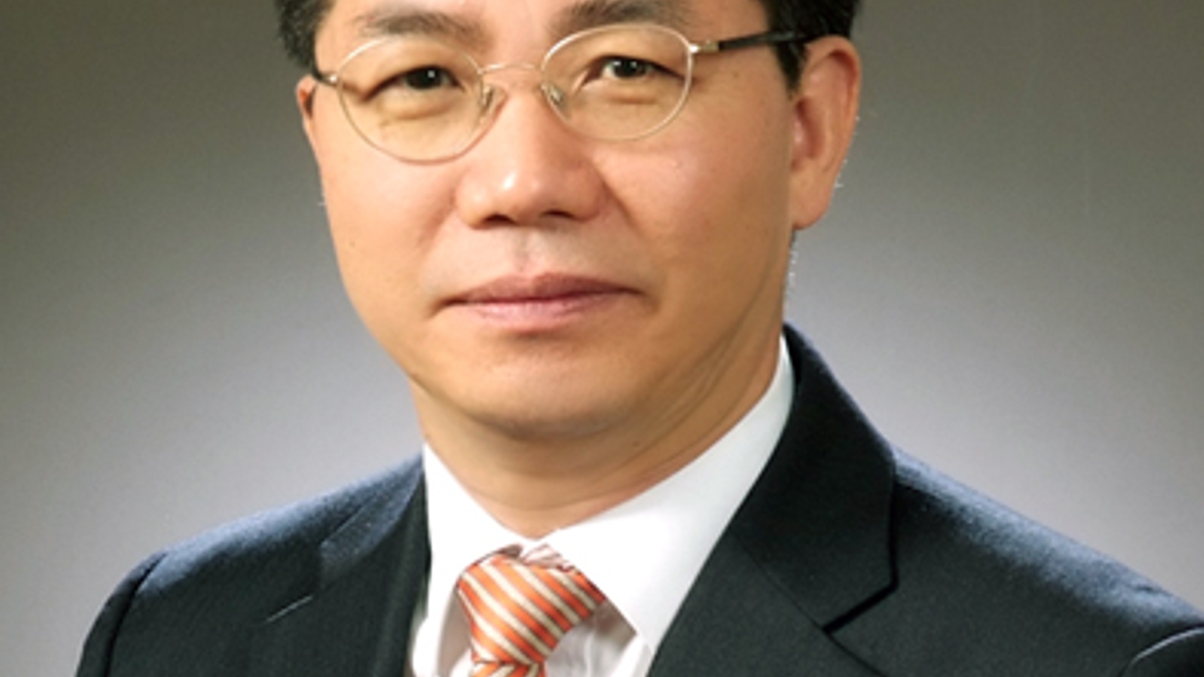Shinhan-BNPP IP JV outlines RQFII plans
Shinhan BNP Paribas Asset Management, the first fund house to win RQFII quota in Korea, plans to launch a trio of products next month and to build a China bond-rating capability.

Shinhan BNP Paribas Asset Management last week became the first Korean institution to receive quota under China's renminbi qualified institutional investor scheme, having received its RQFII licence in October.
Sign in to read on!
Registered users get 2 free articles in 30 days.
Subscribers have full unlimited access to AsianInvestor
Not signed up? New users get 2 free articles per month, plus a 7-day unlimited free trial.
¬ Haymarket Media Limited. All rights reserved.


